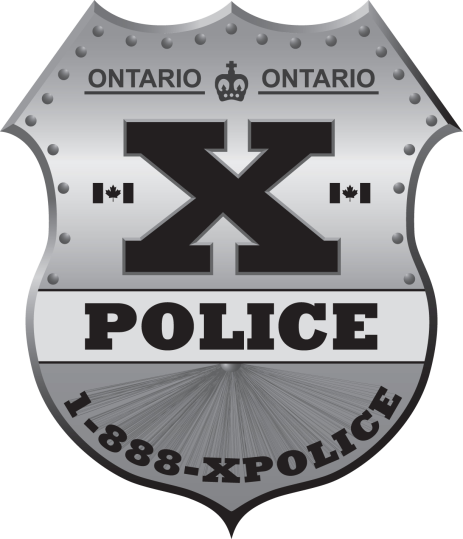
Michele Weisz, Special to The Spectator
Hamilton Police Central Station. Municipalities have started asking to take over police governance, either with councils overseeing police operations or locally appointed police boards.
This is not new. Hamilton Coun. Sam Merulla proposed back in 2013 that cities should take over police governance, either with councils overseeing police operations directly or else overseeing a locally appointed police board. The idea made sense then and makes even more sense today given escalating police budgets and the ineffectiveness of police boards in representing taxpayer interests. And Hamilton is hardly the only municipality seeking these changes. Toronto Mayor John Tory asked for similar authority when he met with Premier Kathleen Wynne last month.
Will the growing momentum be enough for the province to consider doing what it has refused to in past? Regardless, it’s worth making this effort, and concerned citizens should lend their support.
Police boards in general are a weird construct. Hamilton’s, for example, is made up of three provincial appointees, one municipal appointee and three members of city council. Council representatives have no trouble ensuring taxpayer interests are always in play. The municipal appointee tends to be the same. The provincial appointees are a different matter. The current provincial members are all accomplished, respected individuals who applied for the three spots, were considered and ultimately selected, typically with the blessing of the senior local member of the governing party.
But regardless of the motivation and abilities of provincial appointees, they’re not elected and don’t have the same direct accountability to citizens. The reason for this is historic. Appointing members is a way to ensure police governance doesn’t become overly politicized. But the truth is, in Hamilton’s case, the board has tended to be politicized with provincial members basically supporting and defending the service and its chief, while the other members fight for taxpayer and community interests. The idea behind doing it this way may have been sound historically, but it doesn’t hold water today. The fact is that police governance is, to a point, political.
There are numerous ways the status quo can be improved. Non-councillor board members could be appointed by city council. They could run in elections. They could be appointed by an objective body with clear parameters that don’t include patronage considerations. The timing for change is good with the province is currently looking at reforming the police act. You can have a voice by completing the online questionnaire at https://www.ontario.ca/page/police-police-services-and-community-safety. It’s worth taking the time if you believe the way police are governed needs to change to reflect current and shifting priorities.
Howard Elliott
Source: The Hamilton Spectator
